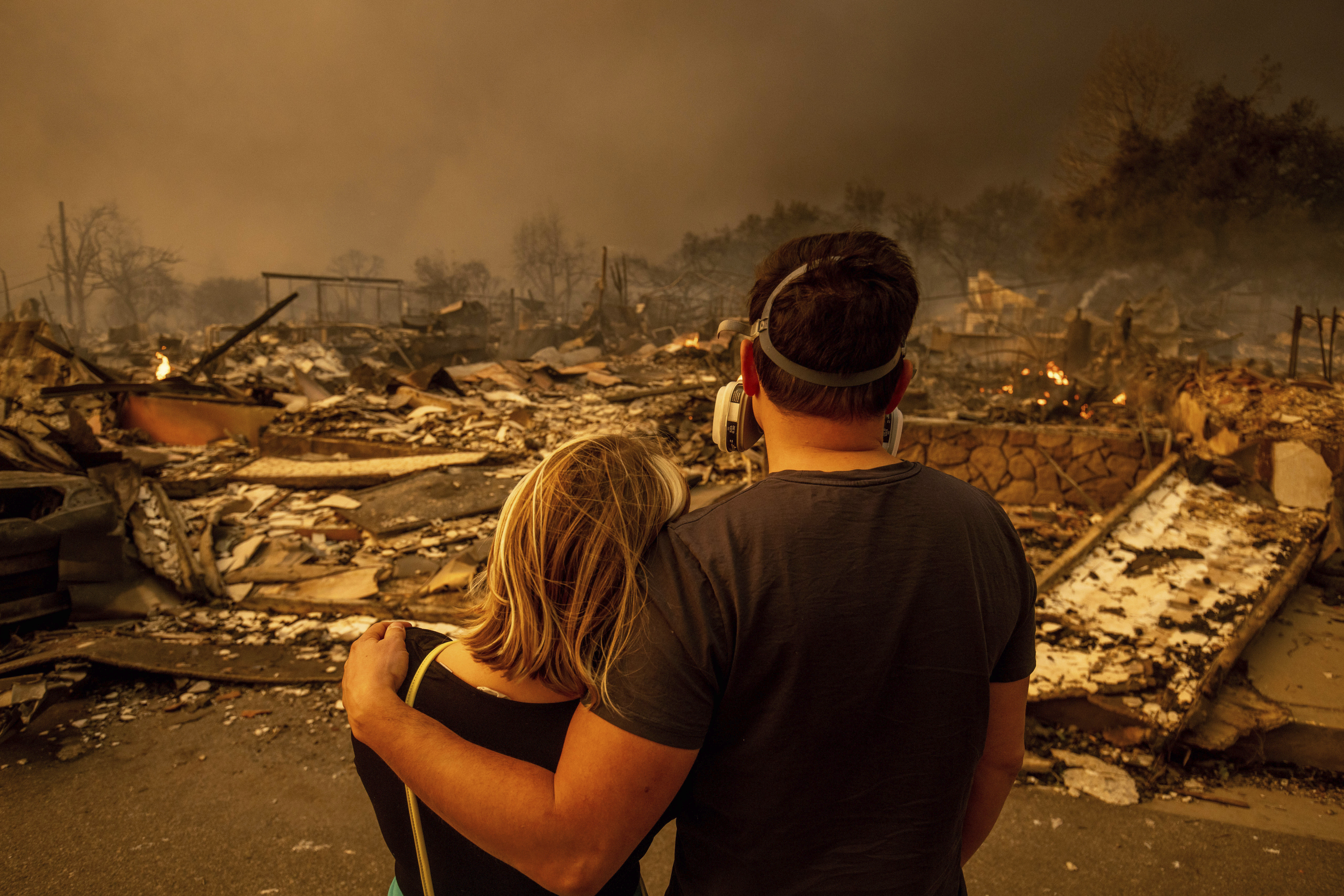NBC 7’s Omari Fleming has details from a meeting following the release of data that showed racial discrepancies in SDPD’s police practices.
San Diego Police Chief David Nisleit, Mayor Todd Gloria and community activist Bishop Cornelius Bowser hosted a forum Tuesday night to discuss the findings of a study that found racial disparities in some of the San Diego Police Department's policing practices.
Tuesday's forum was the first of three. City leaders say they're are hosting them to present the findings and have an open dialogue with the community.
The report, commissioned by SDPD and conducted by the Center for Policing Equity in conjunction with SDPD, identified racial disparities in police interactions with community members. The study reviewed data on traffic stops, non-traffic stops and use of force incidents from 2016 to 2020 to determine the extent to which disparities were caused by inequitable practices or other factors outside of SDPD’s control.
The report also provided SDPD leadership with recommendations on how to use the data to review police policies and practices.
Get top local stories in San Diego delivered to you every morning. Sign up for NBC San Diego's News Headlines newsletter.
Key Findings:
- After accounting for crime rates, poverty rates and neighborhood demographics, Black people experienced non-traffic stops 4.2 times as often as white people.
- Black people comprise 6.1% of the estimated residential population served by SDPD, but accounted for 22.6% of persons who experienced non-traffic stops
- Once stopped at traffic stops, Black people were searched 2.5 times as often as White people and Latinx people were searched 2.2 times as often as white people.
- After accounting for crime, poverty and racial demographic, Black people were subjected to force, 4.8 times as often per resident as were White people.
- Black people comprise 6.1% of the estimated residential population served by SDPD, but accounted for 22.3% of persons who experienced use of force
- The three most common types of force recorded were: holds, firearm points and takedowns.
"We want to reduce encounters, physical encounters, with our community, especially those that have the possibility of leading to injuries to the community and our officers," Nisleit said Tuesday.
Local
Bowser said the common phrase "reimagining policing," is one sworn officers need to consider, not just administrators and lawmakers.
"We talk about reimagining policing. I believe that when police officers are out there on patrol, they have to reimagine policing. They have to reimagine from the perspective of stopping and thinking and looking at how they police the community, how they view certain individuals, and is it based on suspicion, or is it based on verified evidence," Bowser said.
Nisleit said the department has started a use of force analysis team in the past year, and said his department is constantly looking at policy and procedure.
Gloria, Nisleit and CPE’s Director of Law Enforcement Initiatives Michael Burbank, also held a press conference last Thursday to discuss the data.
“We’ve known for some time about the racial disparities that exist in policing,” Gloria said. “No matter the reasons behind them, these disparities can stir up pain for members of our San Diego community. We, as a city will own this, and we’ll work to be better.”
Burbank said this report does not necessarily indicate that police have engaged in bias or discrimination toward specific racial groups. He said the top three reasons for traffic stops were moving violations, vehicle registration and equipment violations.
“Racial disparities are important to measure because they shed light on specific sources of frustration and the risk of harmful outcomes in communities,” Burbank said.
NAACP San Diego Branch President Francine Maxwell said this data is not surprising.
“We’ve been screaming and talking for decades and the data doesn’t change. So, we’re looking for some intentional change from our mayor and our city council and our chief of police,” Maxwell said.
SDPD said it is committed to creating an inclusive and data-driven approach to equitable policing. The department said it will also continue to explore causes of the racial disparities identified in the analysis while seeking the insight of Black, Brown, and other communities most impacted by disparate policing.



